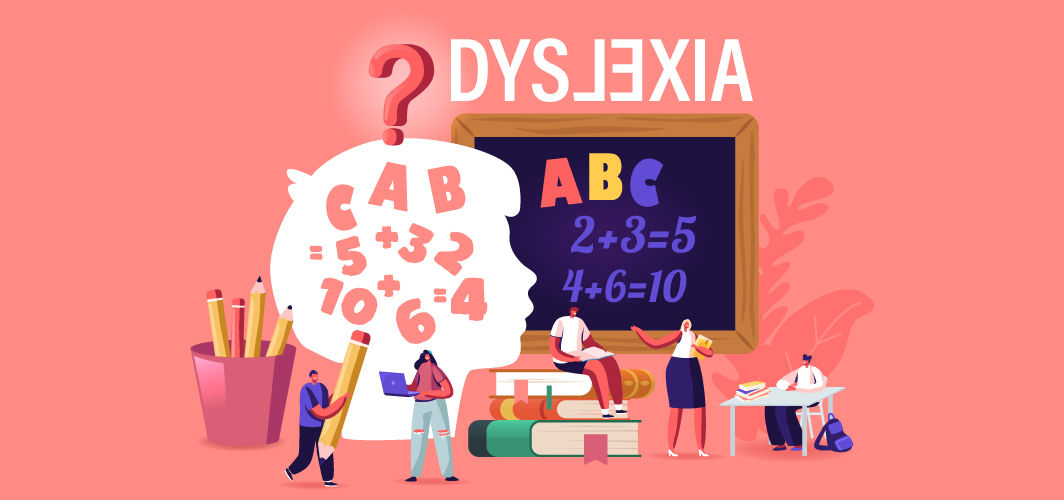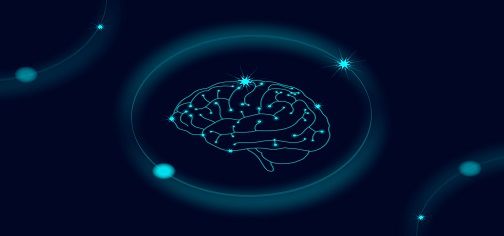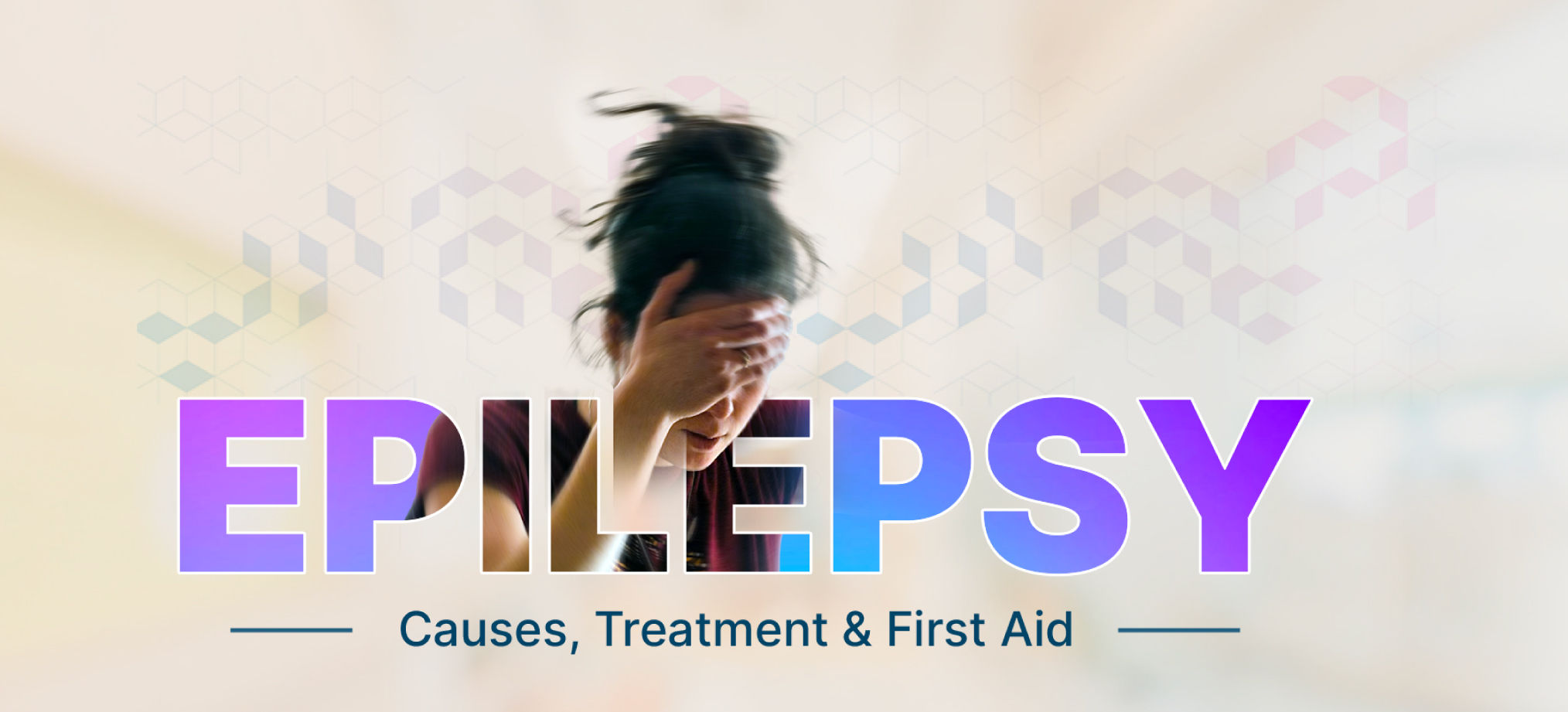Neurology
Dyslexia Symptoms & Treatments: Know All About This Learning Disorder
3 min read
By Apollo 24|7, Published on - 28 October 2022
Share this article
0
0 like

We are often quick to judge children or young adults when they are unable to learn a concept or make silly mistakes while writing something in their school work. Little do you know, these could be a sign of a learning disability. If you watched the movie Taare Zameen Par, you will be quick to understand what we are about to discuss in this article. Here we're talking about a learning disability known as dyslexia.
What is Dyslexia?
Dyslexia is a common learning disorder that causes difficulty in learning, reading, writing, and spelling. In fact, it is one of the most common learning disabilities found in children and persists throughout an individual’s life.
People with dyslexia often find it challenging to identify speech sounds and relate letters and words to these sounds. As a result, learning becomes challenging for them. Dyslexia does not cause any problems with intelligence, hearing, or vision. Children with this condition can succeed in school with additional support and tutoring.
Common Signs and Symptoms of Dyslexia
The signs and symptoms of dyslexia are difficult to recognize, especially before a child enters school. The symptoms of dyslexia in adults vary from those in children. However, here are some clues to look out for:
- Delayed talking
- Picking up new words slowly
- Difficulty in forming new words correctly, for example, reversing sounds in words or confusing words that sound alike
- Problems remembering letters, numbers, or colours
- Difficulty in learning nursery rhymes
When a child is of school-going age, signs, and symptoms of dyslexia become more apparent. They are listed here:
- Reading skills below the expected or average for the age
- Difficulty in processing or understanding what they hear
- Finding it difficult to form answers to questions
- Difficulty in remembering sequences and spelling
- Finding it challenging to pronounce unfamiliar words
- Avoiding activities that involve reading or writing
- Taking unusually long to complete tasks that involve reading and writing
- Mis-pronouncing words as the child go to higher grades
- Difficulty in learning a foreign language
Can Dyslexia Be Treated?
There is no cure for dyslexia. However, early evaluation, diagnosis, prompt, and effective intervention can help people with this condition learn just like their peers. If you notice your child struggling with their school work or suspect they may have dyslexia, consult their paediatrician. It is also important that you speak to your child’s teachers at school.
Some management techniques used to help children with dyslexia are listed here:
1. Educational techniques
Specialized techniques involving hearing, vision, and touch can help improve a child’s reading skills. Some teachers are trained to help children use all their senses to help process information and learn. This can help the child understand phonics, train to summarise, improve fluency, and build a vocabulary of words.
2. Personalized coaching
Personalized tutoring and coaching with a dyslexia specialist can help children with dyslexia. The type and frequency of tutoring depending on the severity of the condition. Progress may be slow initially but many children with dyslexia eventually become good learners.
3. Early treatment
Early intervention in children with dyslexia helps them learn, read, and write well. Children who get extra help in kindergarten or grade 1 are more receptive to learning. Children with dyslexia who do not get professional help until their higher grades find it more difficult to read and learn.
4. Parents' contribution
Here are some ways in which parents can help if their child has dyslexia:
- Detect and address the problem early.
- Be a part of your child’s learning by reading out stories or lessons out aloud with them.
- Work with your child’s school.
Dyslexia is not a disease but a learning condition. Though it cannot be cured, timely intervention can help children learn and read and go on to excel in their academics.
Think your child is showing signs of dyslexia?
Medically reviewed by Dr Sonia Bhatt.
Neurology
Leave Comment
Recommended for you

Neurology
Best First Aid Tips and Treatment for Seizures
Watching someone have a seizure can be terrifying. Many people often freeze up in such situations. For this reason, it is advisable to know what can and cannot be done to help the person seizing. While there isn’t much you can do to stop a seizure, you can take certain measures to keep the person safe.

Neurology
What To Do If A Person Gets An Epilepsy Attack In Front Of You?
Epilepsy is a neurological condition characterized by recurrent seizures. When diagnosed and treated in time, 70% of people with epilepsy can live normal lives.

Neurology
7 Common Myths About Sleep - Busted By Apollo's Expert Neuropsychiatrist
Ignoring sleeping issues such as insomnia, over-sleeping, sleep apnoea, or excessive snoring can have serious consequences, which can be avoided through timely treatment. Read to know more.
Subscribe
Sign up for our free Health Library Daily Newsletter
Get doctor-approved health tips, news, and more.
Recommended for you

Neurology
Best First Aid Tips and Treatment for Seizures
Watching someone have a seizure can be terrifying. Many people often freeze up in such situations. For this reason, it is advisable to know what can and cannot be done to help the person seizing. While there isn’t much you can do to stop a seizure, you can take certain measures to keep the person safe.

Neurology
What To Do If A Person Gets An Epilepsy Attack In Front Of You?
Epilepsy is a neurological condition characterized by recurrent seizures. When diagnosed and treated in time, 70% of people with epilepsy can live normal lives.

Neurology
7 Common Myths About Sleep - Busted By Apollo's Expert Neuropsychiatrist
Ignoring sleeping issues such as insomnia, over-sleeping, sleep apnoea, or excessive snoring can have serious consequences, which can be avoided through timely treatment. Read to know more.